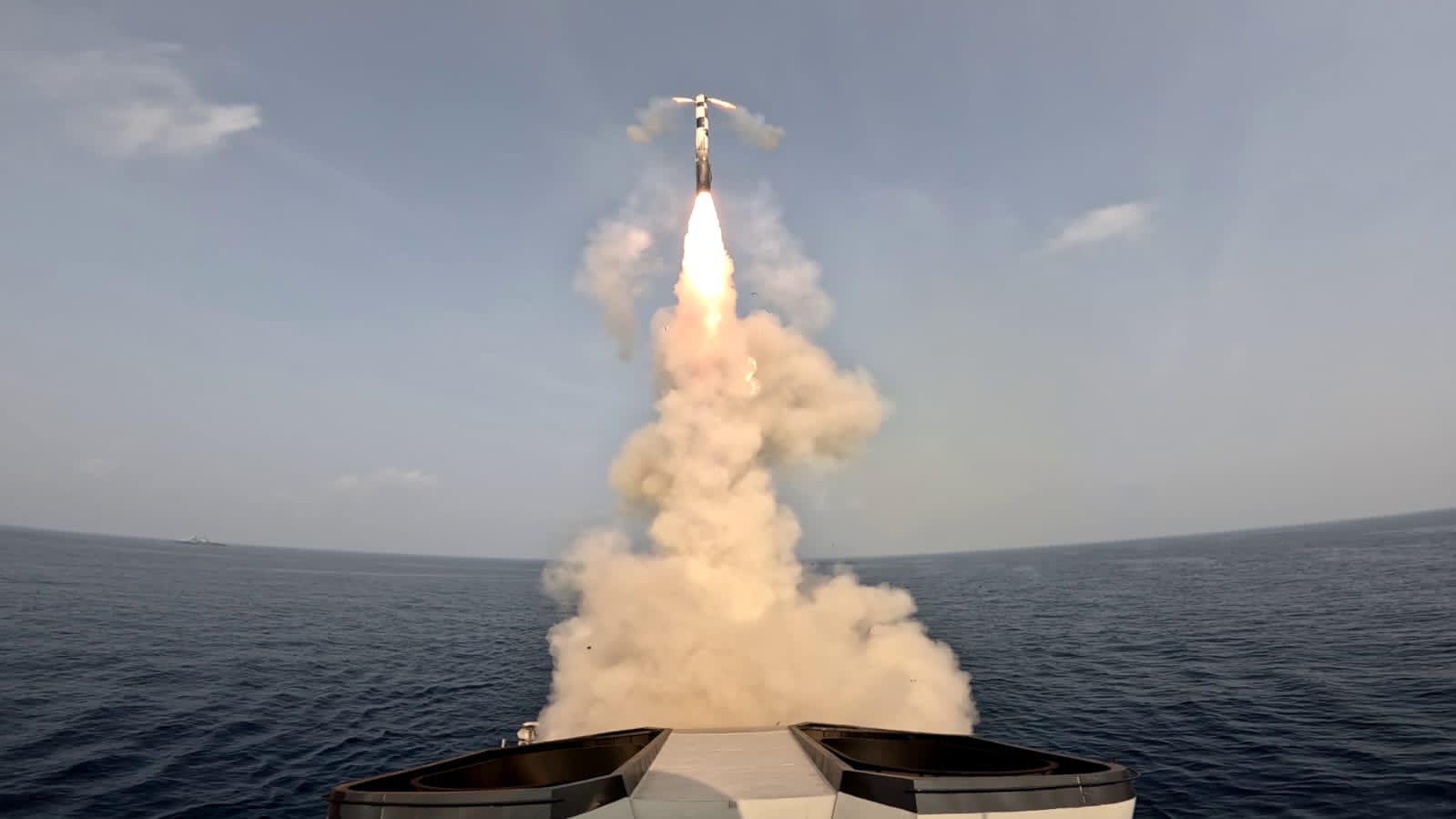Will Narendra Modi follow the path first Indian PM – Jawahar Lal Nehru – the strategy of Non-Allignment Movement? In a reflection of Indias growing clout and policy of keeping all the sides gratified, PM Modi will be part of two trilateral meetings on the sidelines of G20 summit: the first with leaders of Japan and the US and second with leaders of Russia and China (the RIC).
How Japan PM Abe Quickly Balanced Ties With China’s Xi and India’s Modi?
The Non-Aligned Movement (NAM) were a group of nations that were not formally aligned with or against any major power bloc i.e. the US or USSR. The founding fathers of the Non-Aligned Movement were Josip Broz Tito of Yugoslavia, Jawaharlal Nehru of India, Sukarno of Indonesia, Gamal Abdel Nasser of Egypt and Kwame Nkrumah of Ghana. Their actions were known as ‘The Initiative of Five’.
Sources said the trilateral ‘JAI’ between Japan, America and India is first such meeting while the Russia India China (RIC) trilateral is taking place after 12 years.
Modi, who arrived here earlier today, will also have a series of bilateral meetings including with Crown Prince of Saudi Arabia Prince Mohammed bin Salman and Chinese President Xi Jinping. He is also meeting UN Secretary General António Guterres.
Sources said in recent years, Saudi Arabia has been a valuable partner of India and the relationship has expanded beyond the Indian community to issues related to the economy, energy and security.
All issues of bilateral and regional interest will be discussed, they said. They said that UN Secretary General has reached out to Modi for the second time in two months. Both leaders have been giving a lot of importance to the issue of climate change and the outreach is taking place just a week before COP24, the 24th annual U.N. climate conference at Katowice, Poland.
Sources said the meeting was a reflection of the respect for India’s initiatives on issues of global importance. They said the timing of trilateral meetings is directly related to period of major global developments and is indicative of India’s growing diplomatic and economic profile in the world.
The sources said it was a recognition of several aspects such as India being a factor of stability in the region and it being a “global engine of economic growth.”
More News at EurAsian Times
- Is PM Modi Planning to Divide J&K into 3 Parts Before 2019 Elections?
- India Using Israel’s “Palestine Strategy” To Crush Rebellion in Kashmir?
- Saudi Money, US Weapons, Israeli Intelligence Fuelling Arab NATO – Iran
- Indian Army Knows The Exact Location of 12 Terror Launch Pads in Pakistan; But Can They Strike?





